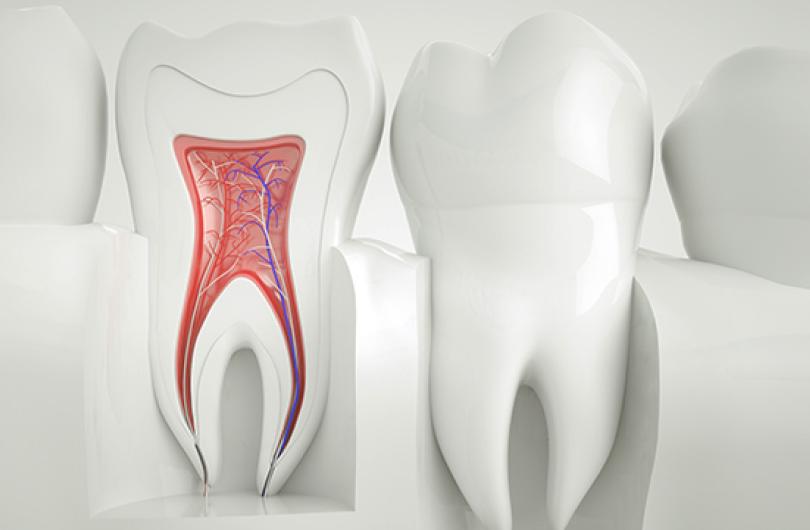Sore Jaw? Your TMJ Might Be Telling You Something

Do you feel like you’ve just chewed a ball of toffee even though it was just a ham sandwich? Your temporomandibular joints, or TMJ, might be out of whack. These are the joints and jaw muscles that enable your mouth to open and close. You use them whenever you chew, speak, or swallow. When something happens to prevent this complex system from working properly, a TMJ disorder may be present.
TMJ disorders have a wide variety of causes, including arthritis, injury, and tooth alignment or grinding. However, many people clench their teeth habitually and never develop symptoms. Symptoms can include pain, difficulty chewing, or even locking of the joint, and can cause a clicking or grating sound.
Symptoms can often be managed with lifestyle changes, such as eating softer food and avoiding chewing gum and nail biting. Application of heat packs and practicing relaxation techniques that release jaw tension can also be helpful. Strengthening exercises, muscle relaxants, or even anti-anxiety medication may also be advised. At East Texas Dental, we provide custom bite guards that help provide relief for more serious symptoms. This is a fitted device that is inserted over the teeth that reduces clenching during sleep. If these procedures do not help, orthodontic treatment may be necessary.
If you are experiencing symptoms of a TMJ-related disorder, try the simple lifestyle changes listed above. If symptoms persist, please give us a call at 903-509-0505 to schedule a consultation.
More articles

2016
Having Dental Sealants
Usually by early to mid-adolescence, all of your child’s baby teeth will have given way to their permanent set of teeth. It is quite common for the occlusal or biting surface of your child’s back teeth to have natural deep pits and fissures. Sometimes these deep spots can be hard to clean with regular brushing alone. Stuck on plaque and residual food particles in these deep textures easily promotes cavities.

2016
Do you Need Root Canal Therapy?
What do you know about root canal therapy? As you may know, root canal therapy is designed to treat a tooth whose center is decayed or infected. Still, there are several myths surrounding root canal therapy.
As you know, you may need root canal when a cavity filling won’t save your tooth. You see, if you have an infection in the center of your tooth, your dentist will need to remove the infected area. Similarly, if the bone or root surfaces are damaged, you may need root canal therapy.

2016
Dental Phobia? Let Us Help!
Do you avoid routine dental checkups and cleanings because of dental anxiety? Or do you put off necessary dental treatment that is now affecting your oral health? If you suffer from dental phobia, you are not alone. Our practice is pleased to offer our patients sedation dentistry to help with their dental anxiety and make treatments a breeze.
